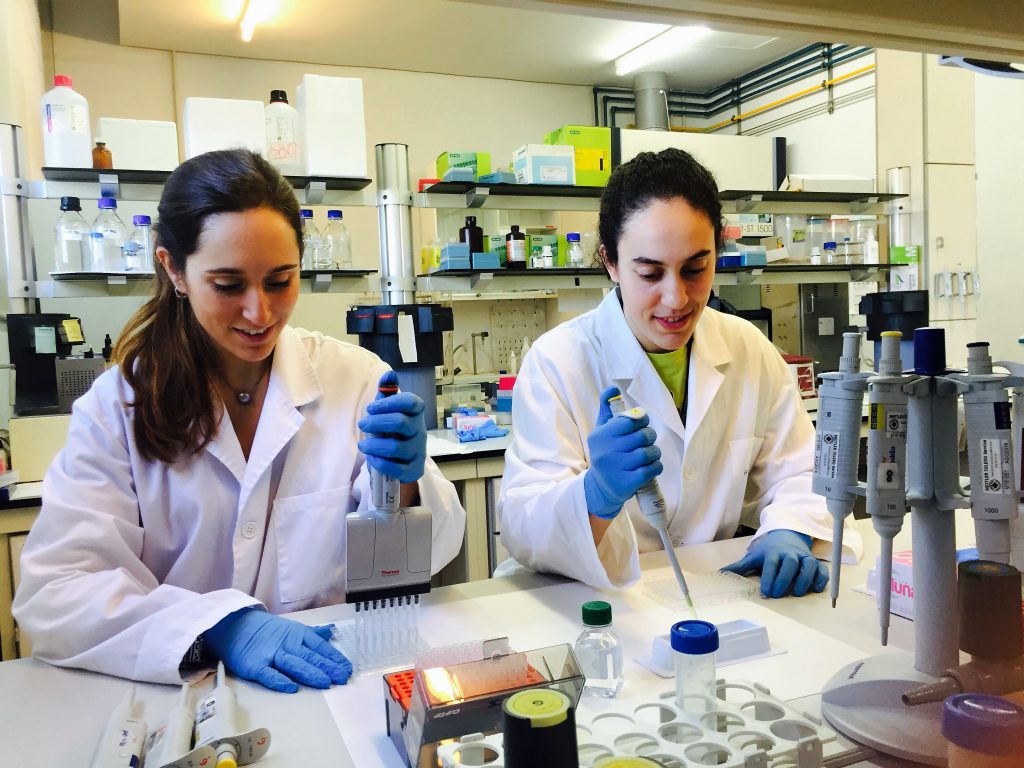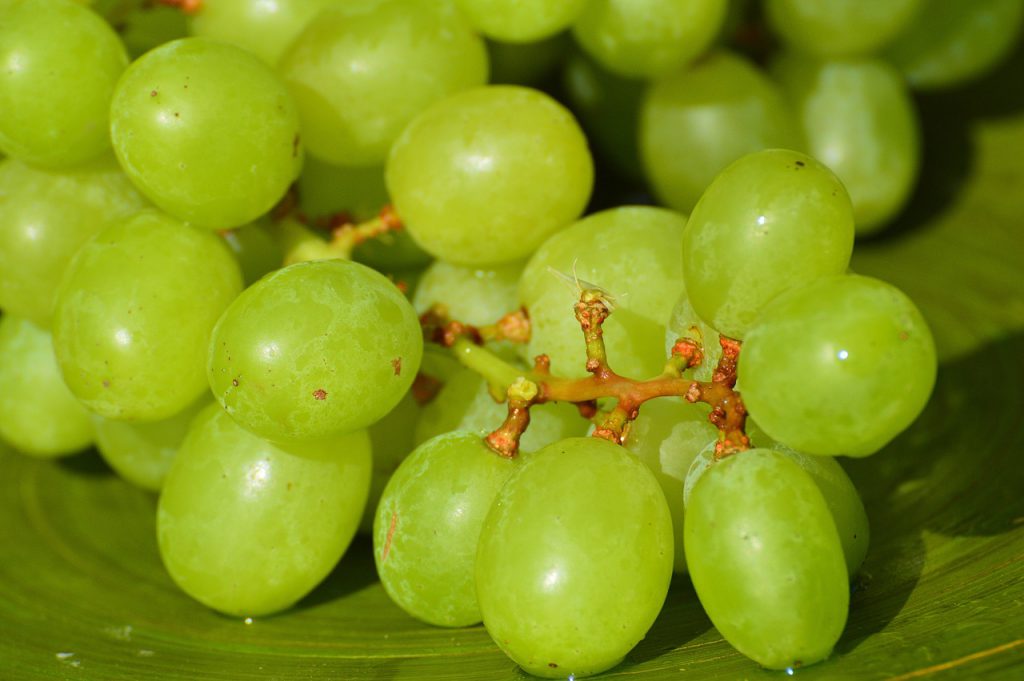12/12/2016
Phenolic compounds in grapes help to control weight in cases of obesity
Research by the URV has demonstrated, for the first time, that the polyphenols in grapes can re-establish the control mechanism that the brain has on appetite and which is altered in obesity. The study reports that adding these phenols to the diet of obese individuals, in conjunction with other therapies, would be a good strategy to reduce the appetite and the excess of body fat

Research by the URV has demonstrated, for the first time, that the polyphenols in grapes can re-establish the control mechanism that the brain has on appetite and which is altered in obesity. The study reports that adding these phenols to the diet of obese individuals, in conjunction with other therapies, would be a good strategy to reduce the appetite and the excess of body fat
One of the causes of obesity is resistance to leptin, a hormone produced by the adipocyte – the primary cell in body fat – that tells the brain to give the order to reduce the feeling of hunger because the body has accumulated enough fat. When a body is obese, the brain cells whose function it is to control body weight cannot do so because they cannot recognize the chemical signals, such as leptin, which are sent by the adipose tissue. Individuals with obesity are resistant to leptin just as individuals with type 2 diabetes are resistant to insulin.
The researchers of the research group into nutrigenomics, from the URV’s Department of Biochemistry and Biotechnology, have shown that the administration of a subfamily of phenolic compounds from wine – proanthocyanidins – to obese individuals allows brain cells to restore their sensitivity to leptin and, consequently, to initiate a whole series of compensatory mechanisms to immediately reduce intake and decrease the excess of body fat.
In this experiment, carried out on male rats, the researchers have used proanthocyanidins to restore sensitivity to leptin and the hypothalamus has recognized the signal, interpreted the signal and activated the mechanism. What is more, the resistance to leptin in obese individuals is partly attributed to the inflammation of the hypothalamus because of overeating and it has been shown that the administration of grape polyphenols can reduce this inflammation.
Despite these improvements in the sensitivity to leptin, the rats treated with grape phenols did not show any significant reduction in body volume at the dose and time period used in the experiment, which were not sufficient to restore the dysfunctions of the mechanisms in their entirety. Even so, the weight and body mass of the treated rats reduced by 10-16% in comparison to the rats that were not treated.
The researchers believe that, in humans, the addition of these phenols to the diet of obese individuals, in conjunction with other anti-obesity therapies, would be a good way of reducing appetite and improving sensitivity to leptin.
Bibliographic reference: Maria Ibars, Andrea Ardid-Ruiz, Manuel Suárez, Begoña Muguerza, Cinta Bladé and Gerard Aragonès: “Proanthocyanidins potentiate hypothalamic leptin/STAT3 signalling and Pomc gene expression in rats with diet-induced obesity”. International Journal of Obesity. 18 October 2016. Doi: 10.1038/ijo.2016.169

